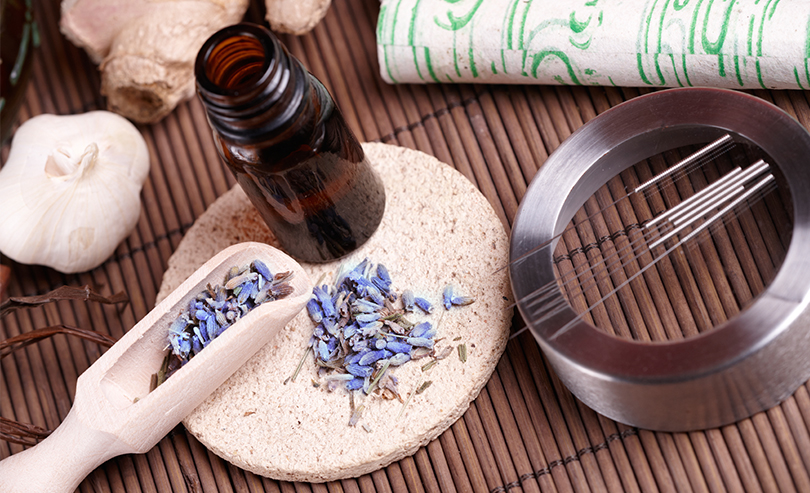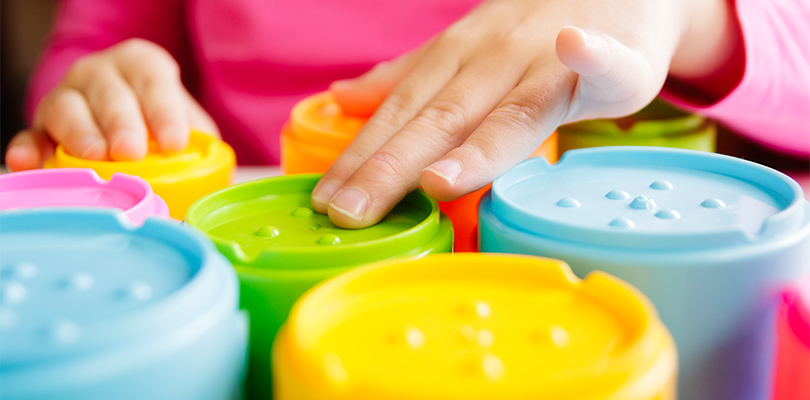ADHD Treatments
ADHD is a complex, challenging disorder that is often difficult to live with and treat. Before starting any treatment for ADHD, it is essential to obtain a diagnosis from a qualified medical professional, as signs of ADHD can be similar to other conditions.
While many people think of ADHD as a problem that impacts children and their families, it is a lifelong condition. The challenges it presents and the treatments needed to address symptoms often change over time. Let’s take a look at some of the most effective treatment options available.
1. Eating Well
We all know eating a diet full of sugar, refined foods and caffeine isn’t healthy for anyone. It’s especially important for children and adults diagnosed with ADHD to eat a healthy diet. Organic foods are best because they limit exposure to pesticides, preservatives, dyes and other artificial ingredients that have no nutritional value and often worsen symptoms of ADHD.
Certain foods are especially beneficial for people who have ADHD. Foods rich in essential fatty acids boost brain health, decrease irritability and aid in the transmission of chemical impulses within the brain. The result is improved concentration. Great sources of essential fatty acids include flax, hemp and wild-caught ocean fish including salmon, mackerel, sardines, and herring.
If insomnia is troublesome, tryptophan-rich foods can provide relief. Good sources of tryptophan include nuts, peanuts, dairy products, whole grains, and turkey. Also include plenty of fresh fruits and vegetables. Berries are particularly beneficial as they support the health of every system of the body. Lean proteins help to round out a healthy diet.
Regardless of what other treatment modalities are adopted, a healthy diet is essential for optimal functioning.
In this article, we look at what an ADHD specialist is, and what sets them apart from other healthcare professionals, and more.







